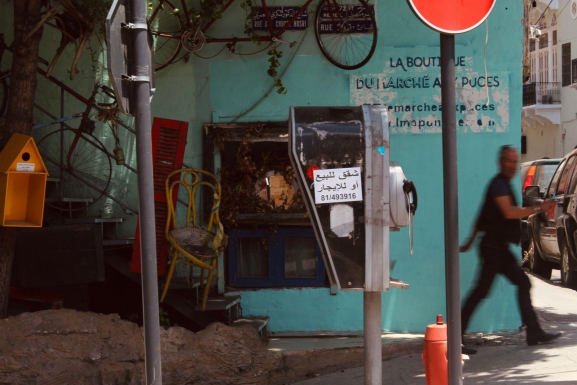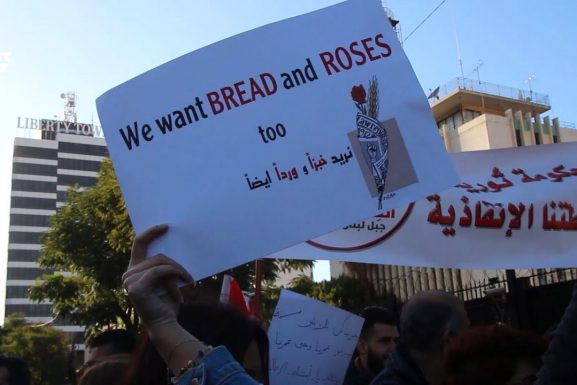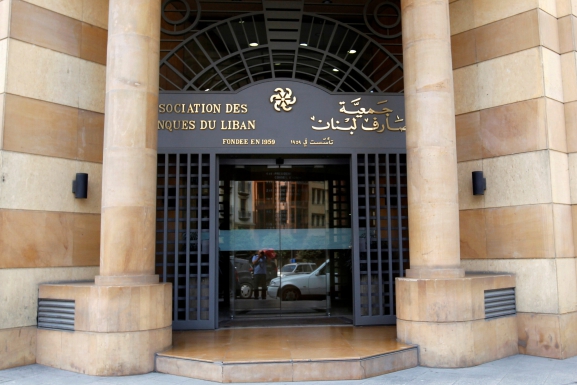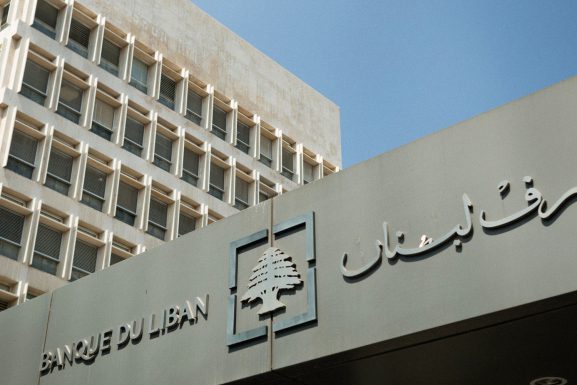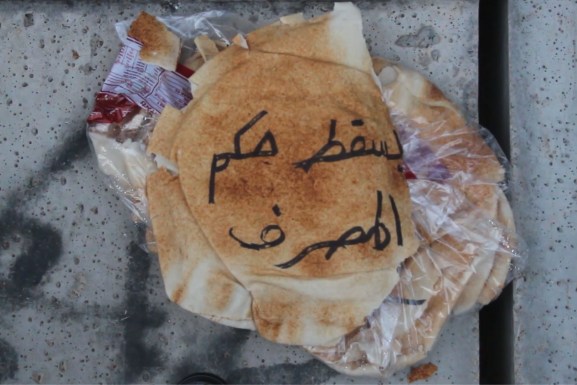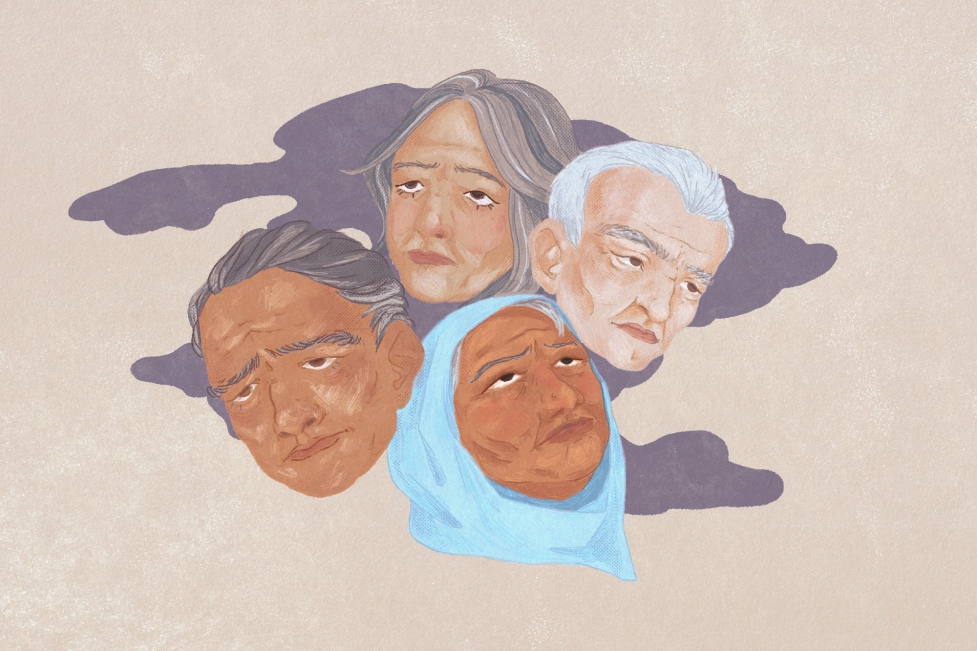On rent laws, investments, and gentrification in Lebanon’s capital.
The road to Lebanon’s economic recovery is long and winding, blocked by people with power who are protecting their own interests.
And the fate of depositors' savings.
“If the accident doesn’t kill us, the road will,” said Lena Gebrane, VP of Kunhadi.
The start of July marked the rise of the telecoms prices of “Alfa” and “Touch,” at a time when private internet distribution companies had already pre-empted official procedures and increased their prices monthly. On May 20, the decision was approved by the government and was set to be put into...
The Association of Banks in Lebanon (ABL) announced in a statement Friday that the banking sector would go on strike...
In a damning report released Wednesday, the World Bank slammed Lebanon’s post-civil war public finance system for its long-term departure...
Economic risk expert Dr. Mohammad Fheili breaks down the battle with banks and bank secrecy in Lebanon.
Political leaders in Lebanon have shown more propensity to blame marginalized communities than the system in place for the crisis.
From crossing cheese off their shopping lists to searching for stale bread in dumpsters, eating habits in Lebanon have significantly changed.
“I don't want to be a burden on anyone,” said one 68-year-old woman in Lebanon. “I want to live and die in dignity.”


